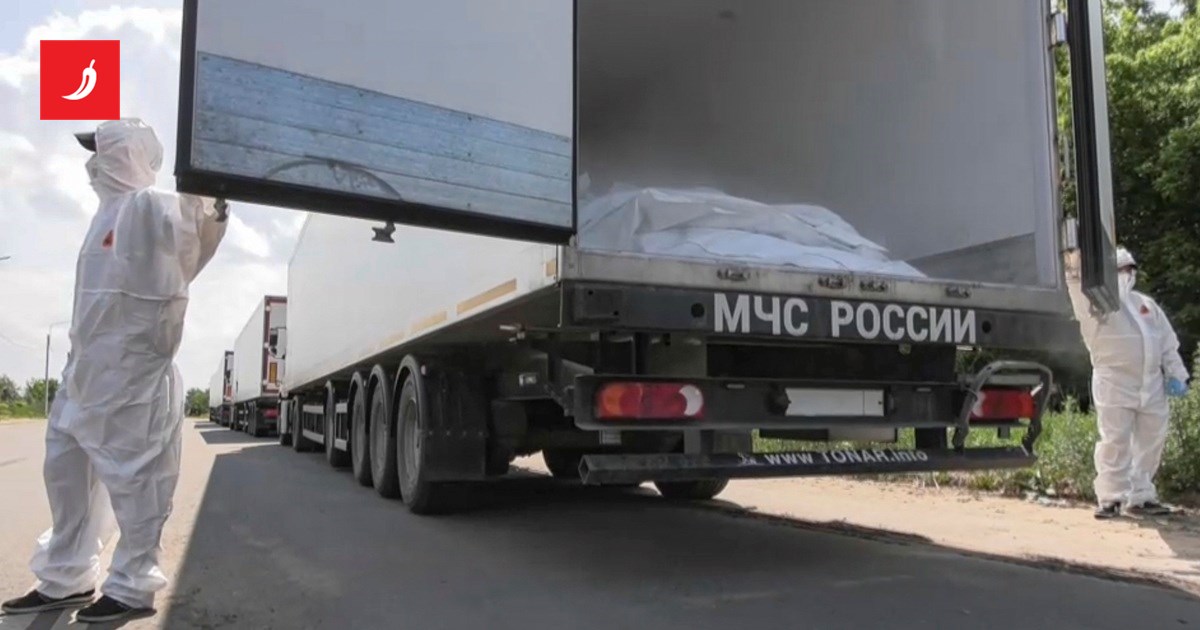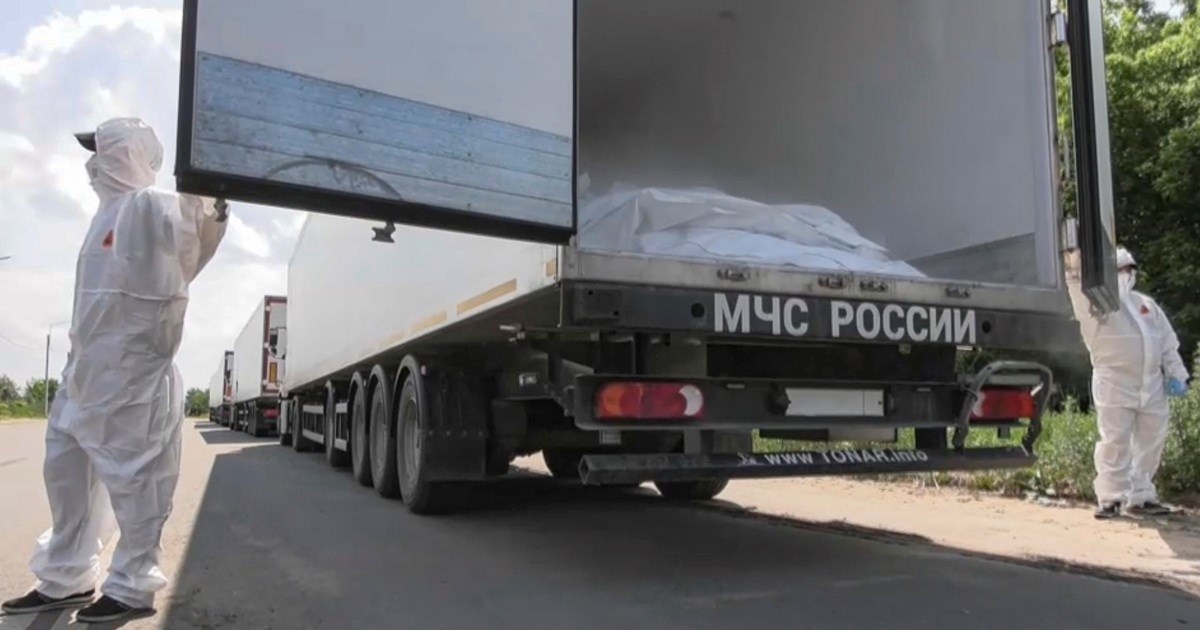Ukraine has recovered the bodies of 1212 fallen members of its armed forces as part of agreements reached during negotiations with Russia in Istanbul on June 2, where the main topic was the exchange of prisoners of war and bodies of fallen soldiers. The operation was carried out with the involvement of numerous Ukrainian institutions and the support of the International Committee of the Red Cross. The bodies were returned from war-affected regions, and forensic teams immediately began identification. A new prisoner exchange was also agreed upon, including severely wounded and underage soldiers. President Zelensky stated that both sides could exchange a large number of people. Russia has also committed to handing over the bodies of fallen Ukrainian soldiers. So far, two prisoner exchanges have taken place, and Ukraine has proposed a peace plan that includes a complete ceasefire, exchange of all prisoners, return of abducted children, and reconstruction of the country, to which Russia has not yet officially responded.
Political Perspectives:
Left: Left-leaning outlets emphasize the humanitarian aspect of the prisoner and body exchanges, highlighting the cooperation between Ukraine and Russia despite ongoing conflict. They focus on the suffering of soldiers and civilians, the importance of international organizations like the Red Cross, and the need for a peaceful resolution including the proposed Ukrainian peace plan.
Center: Centrist sources report the facts of the prisoner and body exchanges with a focus on diplomatic progress and ongoing negotiations. They present statements from both Ukrainian and Russian officials, noting the challenges and partial successes in implementing agreements. The coverage is balanced, noting the lack of official Russian response to the peace plan and the continuation of hostilities.
Right: Right-leaning media emphasize Ukraine’s resilience and the strategic importance of the prisoner exchanges as a sign of Ukrainian strength and international support. They highlight President Zelensky’s leadership and the role of Western allies in supporting Ukraine’s military and diplomatic efforts. The narrative often underscores Russian aggression and the need for continued pressure on Russia.





































